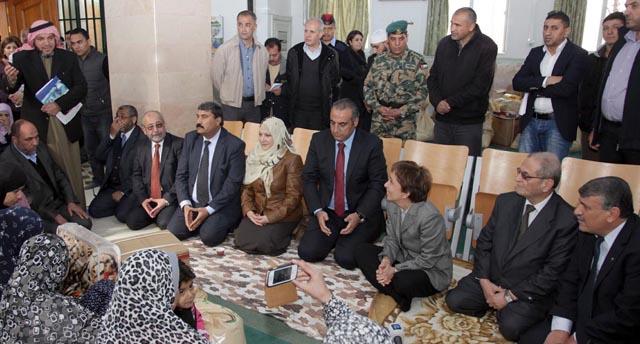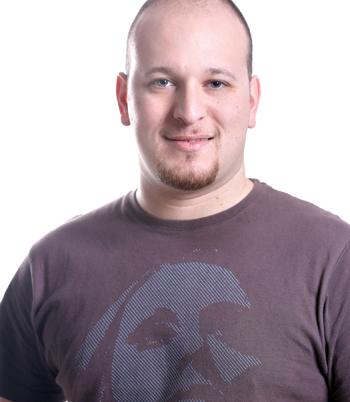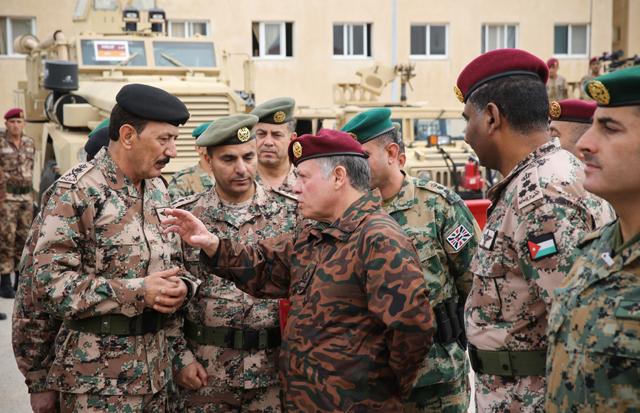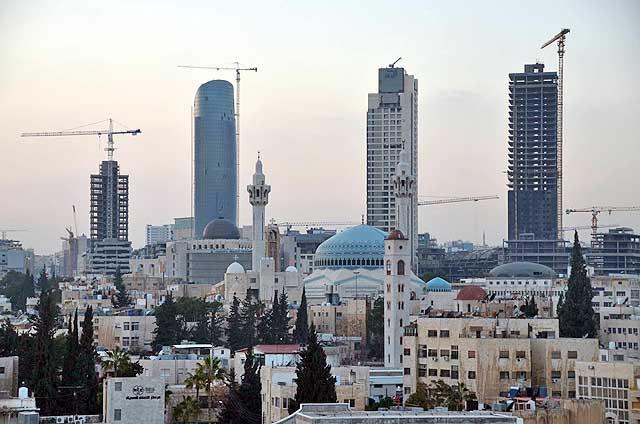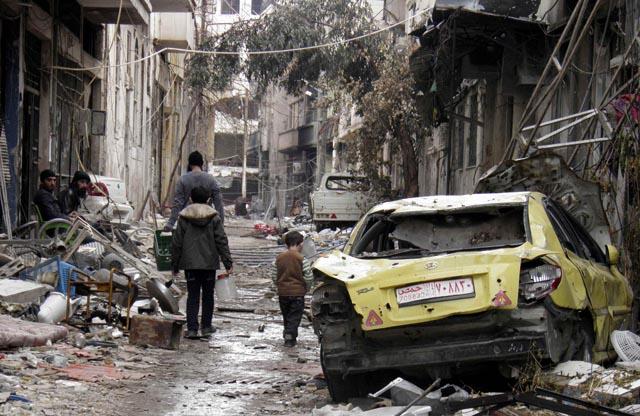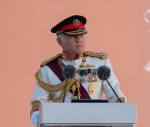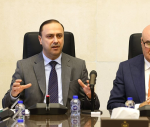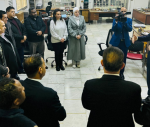AMMAN — Going down the stairs to Fawaz Sahloul’s house, one would not imagine that it accommodates a seven-member family.
The mouldy apartment, located in the west Amman suburb of Wadi Seer, speaks of a life of despair that the family has been living since Sahloul was taken ill and could not continue working.
“Our house is in really bad shape. Water is leaking everywhere and we lack privacy,” said Sahloul’s wife, Um Mohammad.
The family, which includes young children still in school, is left with no provider.
“My husband has diabetes and a mental illness, and I do not have the courage to go out and work,” Um Mohammad told The Jordan Times.
But the family will now have a bright future to look forward to after HRH Princess Basma, president of the National Goodwill Campaign’s higher committee, paid a visit to their home Tuesday.
The campaign will renovate the apartment and provide the necessary furniture, while the family will receive assistance and medical care.
The princess also visited the house of Halima Sandoqa, a 50-year-old unemployed woman who is left to care for her seven children after her Egyptian husband went back to his country five years ago to be treated for kidney failure.
Under the goodwill campaign, the house, also located in Wadi Seer, will be rehabilitated.
In addition, some 100 families from the area received urgent assistance, such as basic food supplies, blankets and heaters.
During a meeting with members of the local community, Princess Basma listened to their needs and challenges.
She called for expanding the outreach of charity initiatives and institutionalising them.
Tuesday’s visit also included the east Amman neighbourhood of Hai Nazzal, where 100 families received much-needed winter assistance.
Jordan Engineers Association Deputy President Majed Tabaa said a technical team will be formed to identify the needs of the houses that the princess visited on Tuesday to carry out the necessary maintenance work.
Launched by the Jordanian Hashemite Fund for Human Development, the National Goodwill Campaign has grown over the years to become synonymous with support for the poor and the marginalised.

